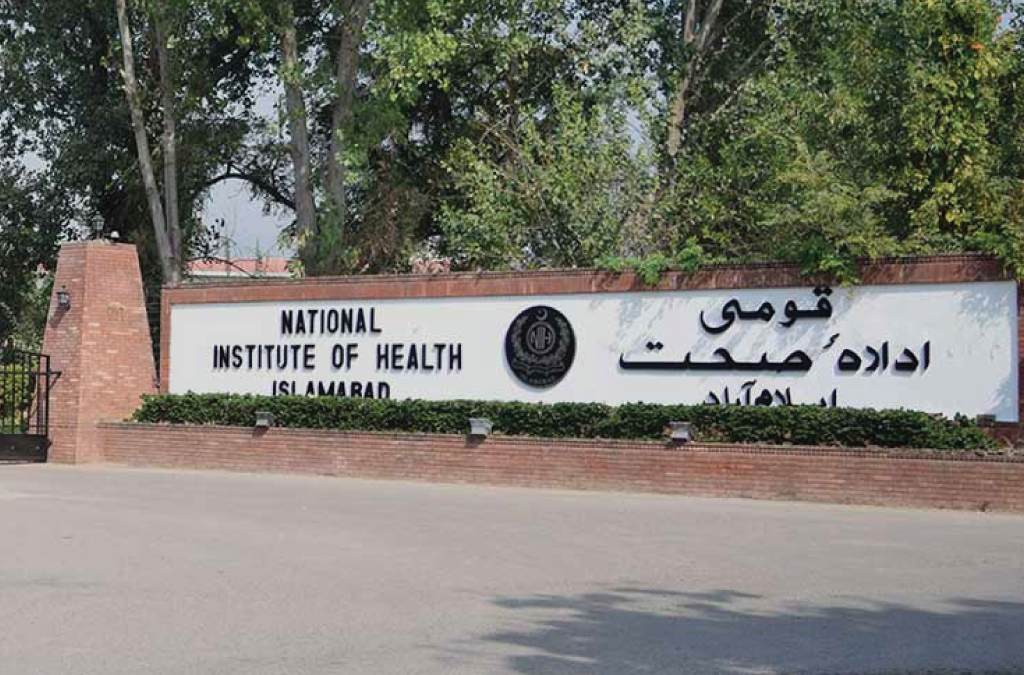The Antimicrobial Stewardship Program (ASP) is a coordinated program that promotes the appropriate use of antimicrobials. ASP embodies an organizational or healthcare system to promote and monitor the judicious use of antimicrobials to preserve their future effectiveness. The significance of the Antimicrobial Stewardship Program is to:
- Optimize the use of antimicrobials;
- Promote behavioral changes in antibiotic prescribing and dispensing practices;
- Improve quality care and patient outcomes;
- Reduce antimicrobial resistance;
- Reduce the prevalence of infections caused by multidrug-resistant organisms;
- Minimize healthcare costs;
- Reduce further emergence, selection, and spread of AMR;
- Prolong the lifespan of existing antibiotics;
- Limit the adverse economic impact of AMR; and
- Build the best-practices capacity of healthcare professionals regarding the rational use of antibiotics.
Antibiotic stewardship is the effort to measure and improve prescribing patterns of antibiotics by clinicians and their usage by patients. Both are critical to effectively treat infections, protect patients from harms caused by unnecessary antibiotic use, and combat antibiotic resistance. ASP is a multi-disciplinary, team-based approach with the aid of pharmacy, microbiology, infectious disease physicians, and information technology.
Currently, AMS is one of three pillars of an integrated approach to strengthen health systems, while the other two are infection prevention and control (IPC) and medicine and patient safety. Combining all the three pillars with AMR surveillance and an adequate supply of quality-assured antibiotics ensures quality healthcare towards the goal of achieving universal health coverage. AMS principles also apply to the use of antimicrobials in the animal and agriculture sectors, typically with an emphasis on the responsible and prudent use of these agents.
Antimicrobial resistance has now become a global challenge affecting millions of lives. Antibiotics are becoming a limited resource, with very few antibiotics being effective. It is therefore essential that they are only prescribed and that last-resort antibiotics are kept reserved for patients who truly need them. Hence, AMS and its defined set of actions for optimizing antibiotic use are of utmost importance. Many countries around the world have developed and are implementing their NAPs on AMR, in which AMS is a key priority. However, it requires specific guidance on how to establish, implement, and evaluate effective AMS programs at the national and healthcare-facility levels, especially in LMICs. To meet this need, WHO, in collaboration with global AMS experts, has developed the practical toolkit for implementing the AMS program in healthcare facilities in LMICs.

